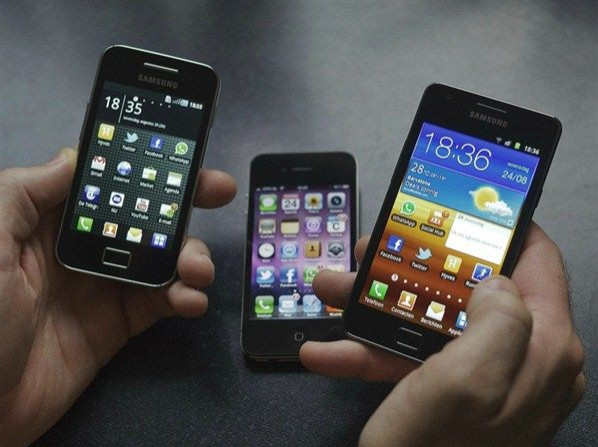Phone Unlocking More Popular Than Ever Since Becoming Illegal In January

After the Copyright Office and Library of Congress removed the Digital Millennium Copyright Act exemption for unlocking cell phones in November, anyone unlocking a new cell phone or providing unlocking services after Jan. 26 could risk up to five years of jail time for each offense. And yet, in the seven months since cell phone unlocking became illegal in the U.S., there’s evidence that cell phone unlocking is more popular than ever among American consumers.
According to Darren Kingman from U.K.-based Mobile Unlocked, a site dedicated to helping users unlock their phones remotely, there’s been a significant jump in the number of phones being unlocked by U.S. customers since the law took effect in January, and sales have increased by 71 percent.
“U.S. traffic was just 8 percent of our site,” Kingman told VentureBeat. “The other 80-90 percent has not seen a similar jump.”
The exemption to the DMCA was removed by James Billington and the Library of Congress because, in their opinion, consumers had enough choice already if they purchase unlocked phones instead of purchasing their phones for a reduced rate thanks to carrier subsidies. But many Americans don’t agree with the law change, which arguably keeps the power in the hands of phone carriers and manufacturers by protecting their profits, which is why an official White House petition started by San Francisco resident Sina Khanifar garnered more than 100,000 signatures and official support from the White House itself.
“The White House agrees with the 114,000+ of you who believe that consumers should be able to unlock their cell phones without risking criminal or other penalties,” R. David Edelman, the White House’s senior adviser for Internet, Innovation & Privacy, said in the official White House response to the successful petition. “In fact, we believe the same principle should also apply to tablets, which are increasingly similar to smart phones. And if you have paid for your mobile device, and aren't bound by a service agreement or other obligation, you should be able to use it on another network. It's common sense, crucial for protecting consumer choice, and important for ensuring we continue to have the vibrant, competitive wireless market that delivers innovative products and solid service to meet consumers' needs.”
The White House said all consumers “deserve” the flexibility of activating a mobile device – including those received as gifts – on another network to best meet your needs, “even if it isn’t the one on which the device was first activated.” Edelman added that the White House respects the law that allows the Librarian of Congress “to establish or eliminate exceptions,” but adds that the White House and Library of Congress “agree that the DMCA exception process is a rigid and imperfect fit for this telecommunications issue, and we want to ensure this particular challenge for mobile competition is solved.”
Legislation to make unlocking cell phones legal, also known as the Unlocking Consumer Choice and Wireless Competition Act, is still months away from becoming a reality. The bill was most recently approved by the House Judiciary Committee on July 31, but the bill now moves to the House floor, which is somewhat alarming considering that this 113th Congress is officially the least productive Congress since World War II, passing only 18 total bills thus far.
© Copyright IBTimes 2024. All rights reserved.












